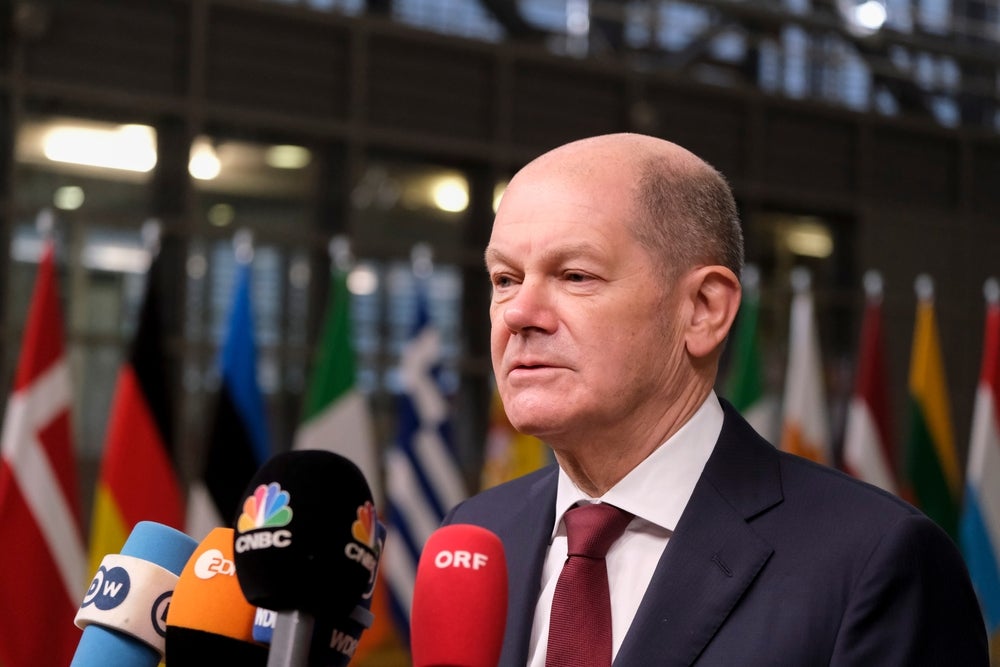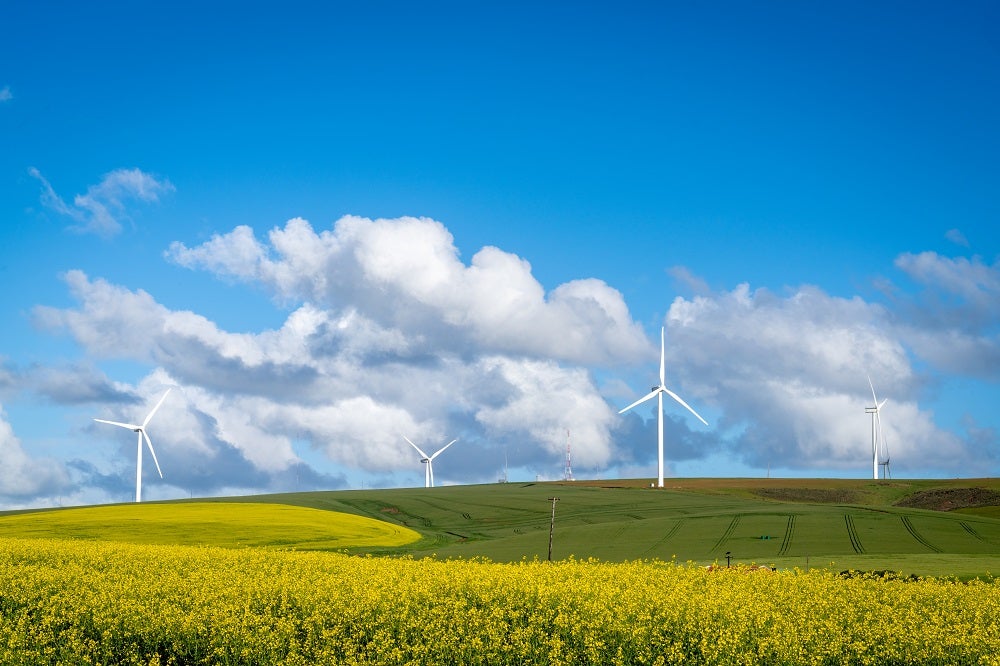
German Chancellor Olaf Scholz’s government plans to allocate $22bn of the country’s Climate and Transformation Fund to shore up Germany’s chips production.
In July 2022, the German federal government pledged $190bn for enabling the transition aimed at renewable energy supply and “climate protection,” the government website stated.
The scope of the budget has now expanded to cover semiconductor manufacturing as Germany reins in its spending.
The government signed a deal with Intel in June 2023 which would see the US firm invest over $32.8bn in a semiconductor manufacturing site in the the German city of Magdeburg. The state has promised Intel $11bn in subsidies as part of the agreement.
Scholz’s government is also in the process of approve around $8bn of subsidies to Taiwanese chipmaker TSMC and Germany’s Infineon Technologies AG.
Germany’s investment comes as the EU attempts to reduce its dependency on supplies from Asia, specifically China.
How well do you really know your competitors?
Access the most comprehensive Company Profiles on the market, powered by GlobalData. Save hours of research. Gain competitive edge.

Thank you!
Your download email will arrive shortly
Not ready to buy yet? Download a free sample
We are confident about the unique quality of our Company Profiles. However, we want you to make the most beneficial decision for your business, so we offer a free sample that you can download by submitting the below form
By GlobalDataGlobalData senior thematic analyst Isabel Al-Dhahir said that China has historically dominated the processing and refinement of critical minerals.
China is responsible for the processing and refining of 75% of cobalt and 60% of lithium, core parts of electric vehicle (EV) battery manufacturing, Al-Dhahir explained.
On Thursday 13th July, the German government announced its China strategy in which it would seek to reduce reliance on China in sourcing of critical materials including lithium batteries in EVs and those needed for chips production.
The EU Commission proposed the Critical Raw Materials Act in March 2023, which would seek to ensure secure access to a sustainable supply for critical materials, helping member states reach net zero targets.
US has also attempted to lower its dependency on China’s processing and refining of critical minerals to reach its target to reduce carbon emissions by roughly 40% by 2030 with its 2022 Inflation Act.







